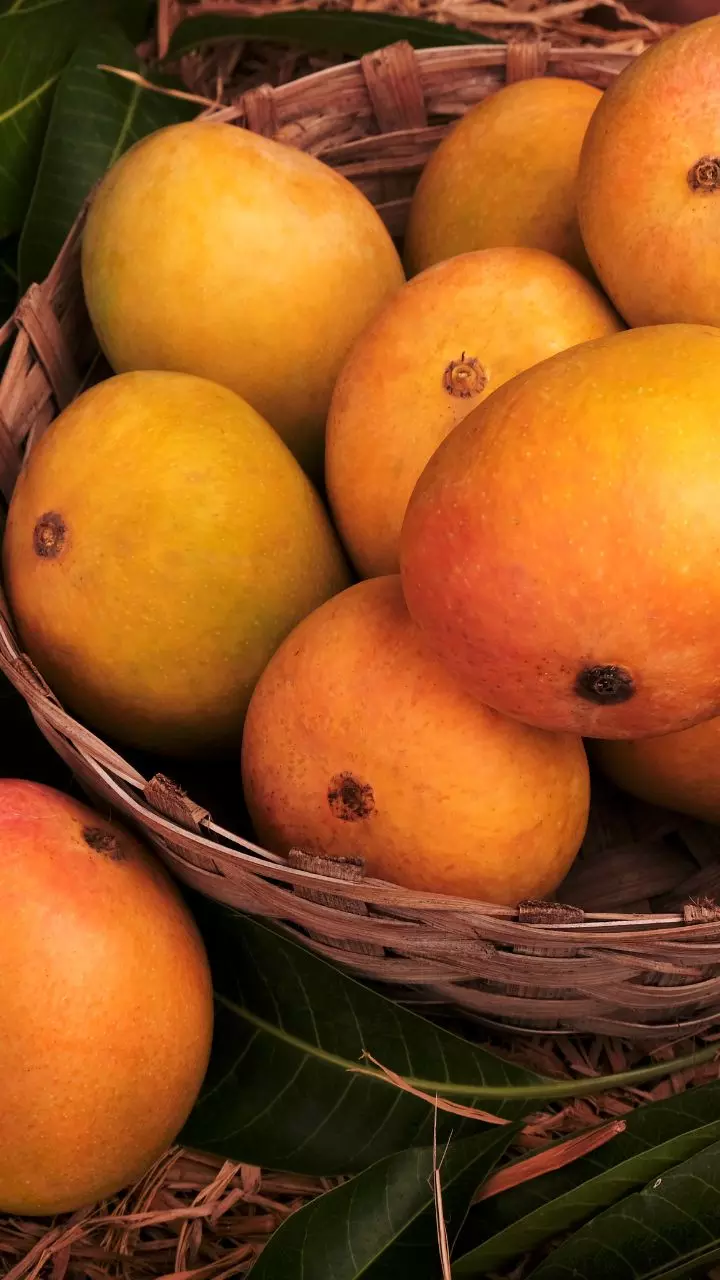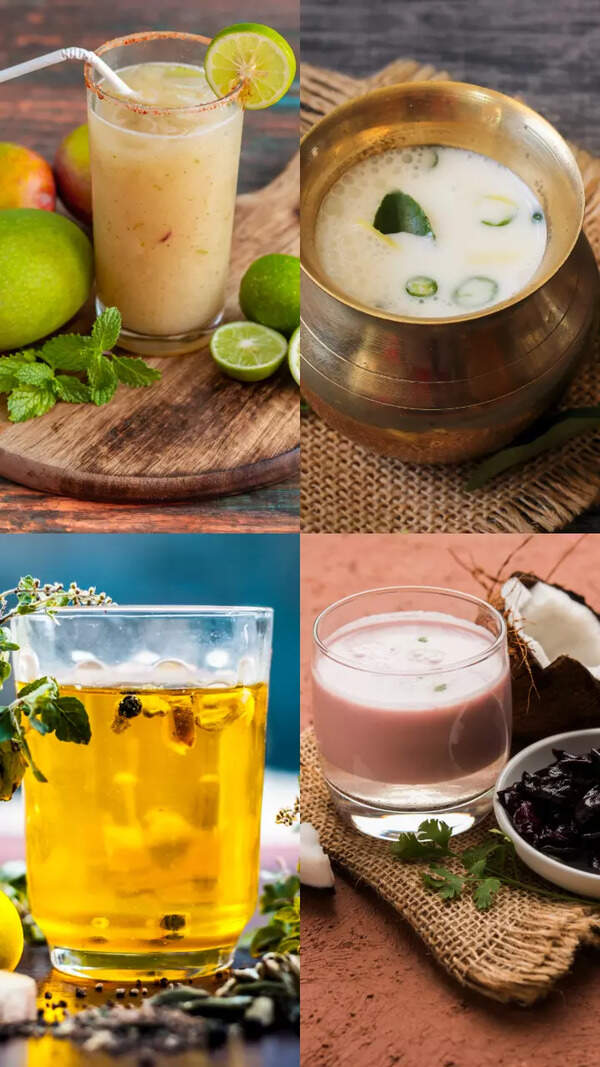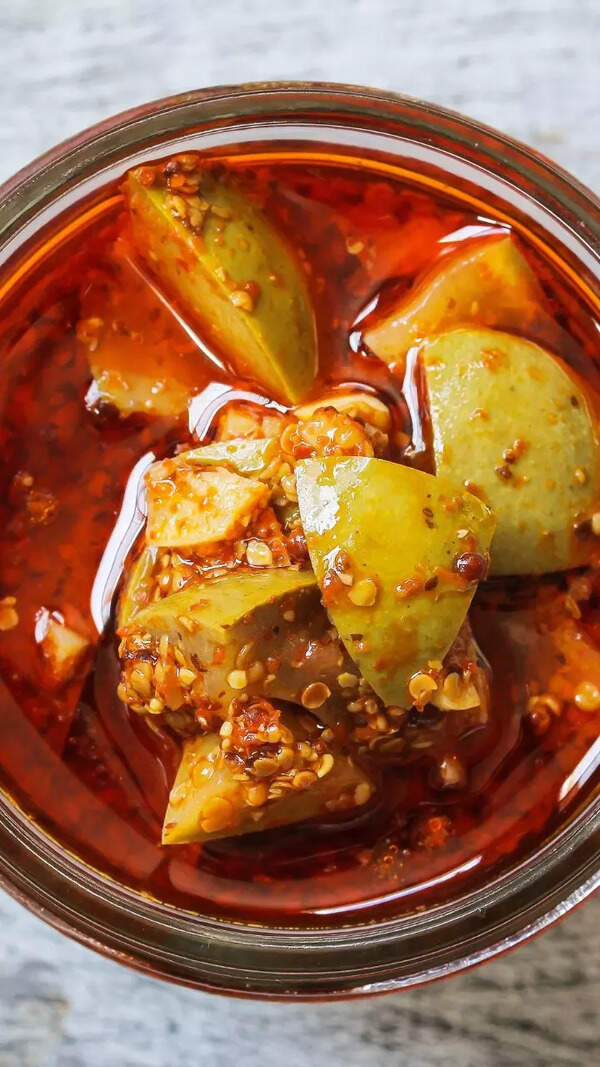7 vitamin-D rich foods for vegetarians

Importance of vitamin D
When it comes to the complete well-being of the human body, vitamin D plays a crucial role. It keeps the bones healthy and strong, boosts immunity to fight infections all along. Also, it helps absorb calcium for muscles to stay fit, lifts the mood with every sunlit bit. But, in a busy indoor lifestyle, we often miss absorbing sufficient natural vitamin D that sunlight offers.Here, we have listed 7 vitamin-D rich foods that are perfect for vegetarians.

Fortified Soy products
Rich in protein, fortified soy products are also rich in vitamin D. For instance, fortified tofu offers 100 IU (2.5 mcg) vitamin D per serving.

Importance of vitamin D
When it comes to the complete well-being of the human body, vitamin D plays a crucial role. It keeps the bones healthy and strong, boosts immunity to fight infections all along. Also, it helps absorb calcium for muscles to stay fit, lifts the mood with every sunlit bit. But, in a busy indoor lifestyle, we often miss absorbing sufficient natural vitamin D that sunlight offers. Here, we have listed 7 vitamin-D rich foods that are perfect for vegetarians.

Signs of vitamin D deficiency
The most common signs of vitamin D deficiency are hair loss, muscle weakness, frequent sickness, fatigue, and even depression.

Mushrooms
Rich in nutrients, mushrooms are said to be a good source of vitamin D. As per USDA, 100 gms of white mushrooms contain 7IU of vitamin D. Also, mushrooms contain prebiotics that promote gut-friendly bacteria and reduce inflammation in the body. Mushrooms are an excellent meat substitute, packed with protein, making them great for vegetarians and vegans.

Cheese
Cheese is also a rich source of vitamin D. 100 gms of cheddar cheese contains 24 IU of vitamin D.

Fortified Almond Milk
Fortified almond milk offers 100–150 IU (2.5–3.75 mcg) vitamin D per cup or 240 ml serving. It is often enriched with calcium, vitamin D, and B12, making it excellent for bone health and reducing the risk of osteoporosis. The added vitamin E acts as a powerful antioxidant, promoting healthy skin and immune function. Fortified almond milk is naturally low in calories and sugar, making it a great choice for weight management.

Fortified Tempeh
Fortified tempeh may contain about 2.5 to 5 mcg (100–200 IU) of Vitamin D per 100g serving. As per experts, this is typically vitamin D2 from plant sources. Rich in calcium, iron, and magnesium, tempeh supports bone strength and heart health by reducing bad cholesterol levels. It also contains isoflavones, which help in hormonal balance and reducing inflammation. Additionally, tempeh is a low-carb, high-fiber food, aiding in weight management and keeping you full for longer. It has low glycemic index (GI), preventing sugar spikes. It also improves insulin sensitivity, beneficial for diabetics and helps maintain steady energy levels.

Fortified Orange Juice
It is also often enriched with vitamin D and calcium. And it is said that 100 IU (2.5 mcg) vitamin D is found per cup serving of 240 ml.

Ghee
Ghee is also said to contain small amounts of fat-soluble vitamins, including Vitamin D. 1 tablespoon (13g) of ghee contains about 15–20 IU (0.4–0.5 mcg) of Vitamin D. Ghee is known to stimulate the secretion of stomach acids, aiding in digestion. It also contains butyric acid, a short-chain fatty acid that supports gut health and helps in reducing inflammation in the digestive tract. Rich in antioxidants that fight free radicals. Also, ghee helps support gut health, which is linked to a stronger immune system. Rich in antioxidants and fat-soluble vitamins (A, D, E, and K), which boost immunity, ghee also helps fight infections and supports overall well-being. Medium-chain fatty acids (MCFAs) in ghee help burn stubborn fat. Keeps you full for longer, reducing unhealthy cravings. However, it is best to consume it in moderation to reap the benefits.

Side effects of low vitamin D
Low vitamin D levels can cause muscle pain, weakness, and frequent cramps. Deficiency of vitamin D often leads to low energy levels and persistent fatigue. Vitamin D is crucial for immune function; low levels can make the body more susceptible to infections and illnesses. Studies link vitamin D deficiency to mood disorders, including depression and anxiety. Also, low vitamin D can impair the body’s ability to heal wounds efficiently.








